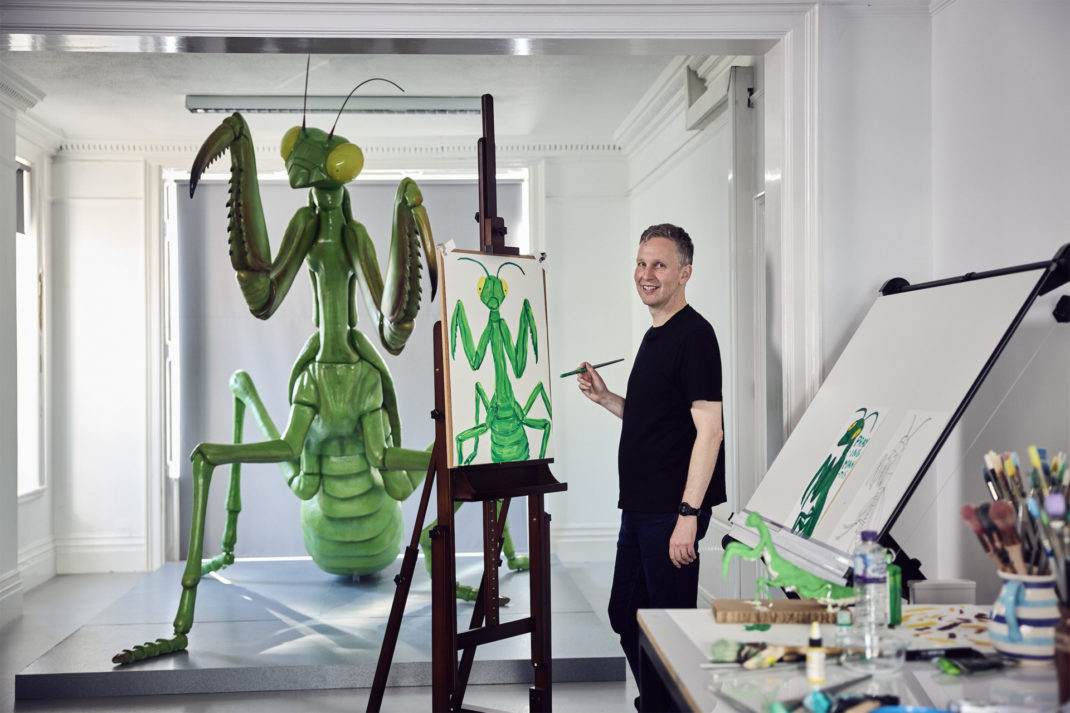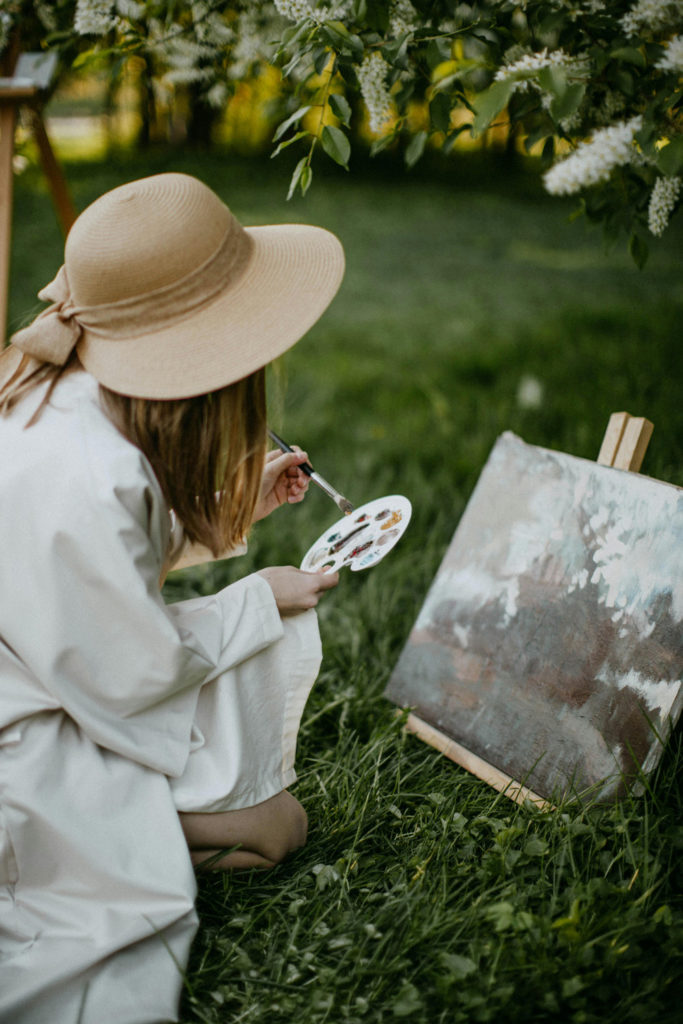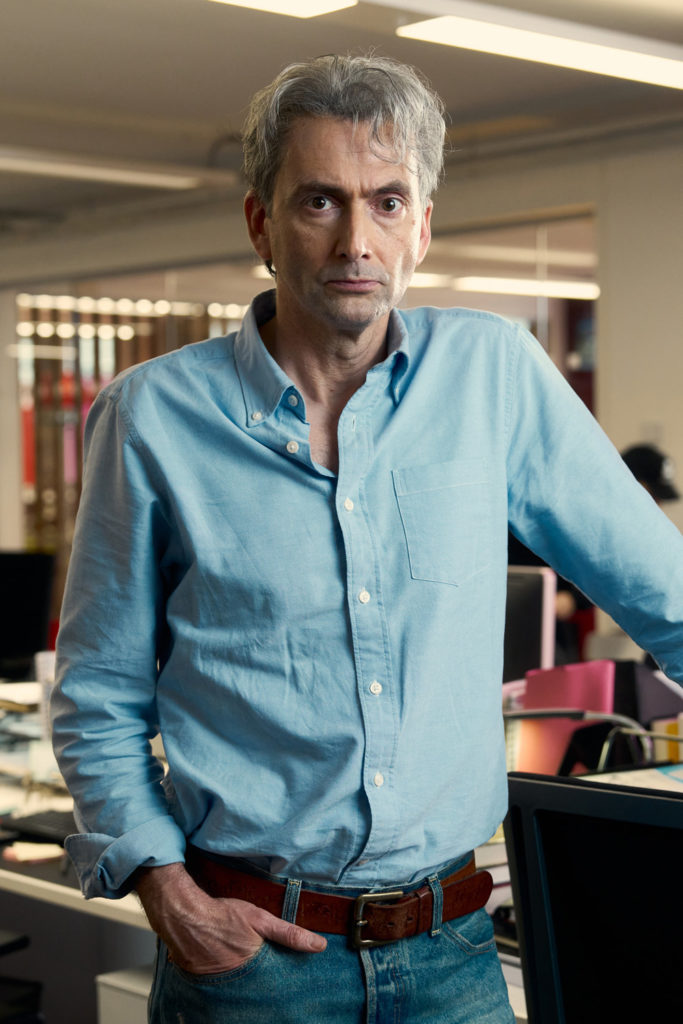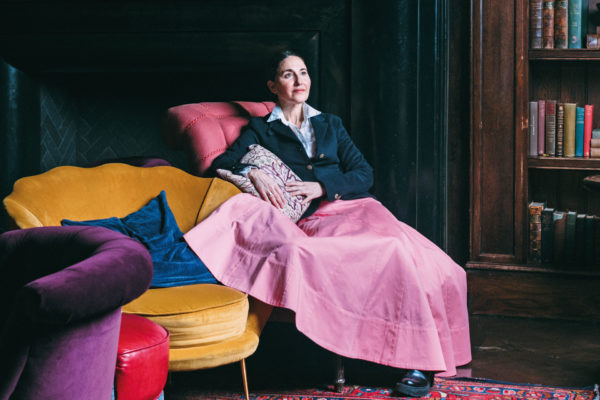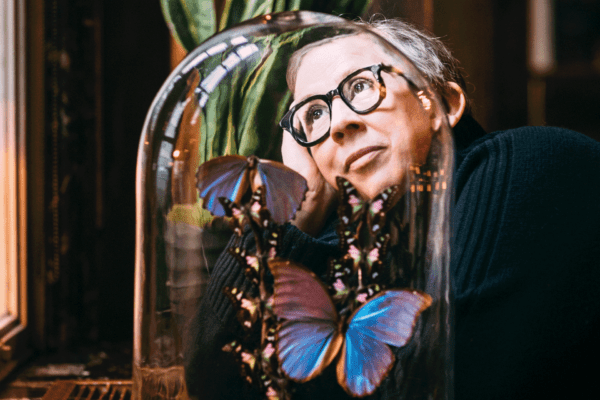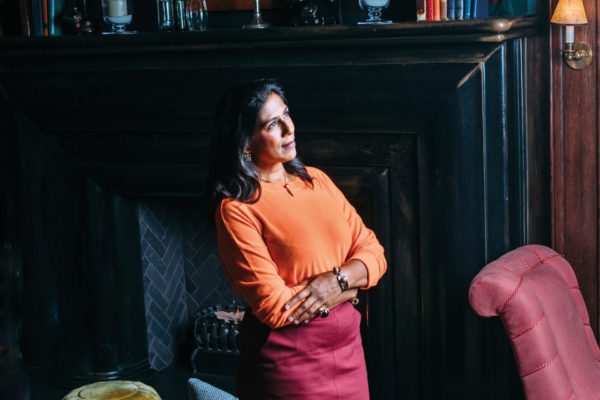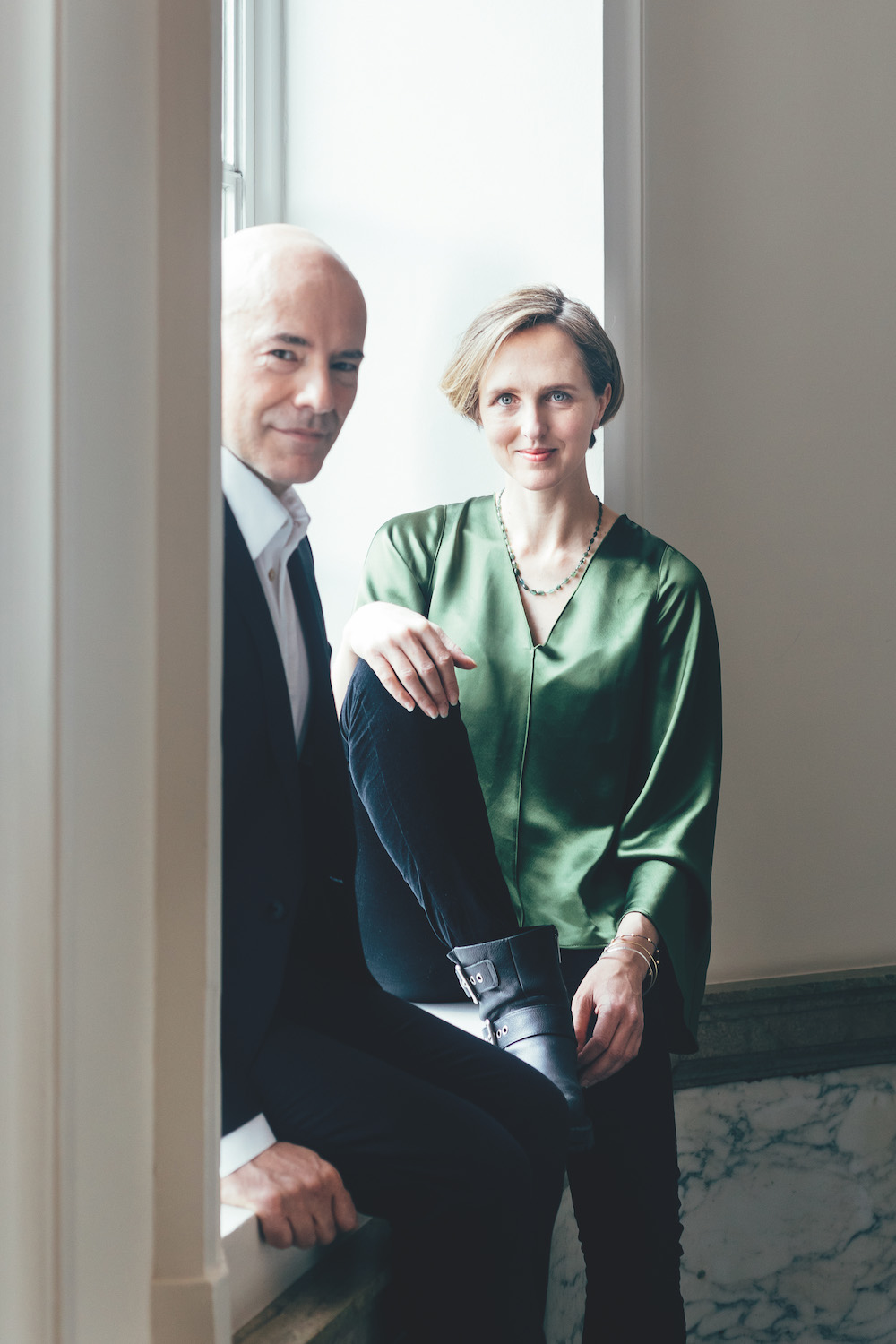
Conversations at Scarfes Bar: The RSC’s Tamara Harvey and Daniel Evans
By
1 year ago
Co-artistic directors at the RSC, Tamara Harvey and Daniel Evans, tell Charlotte Metcalf why the company is getting double bang for its buck.
Interview with Tamara Harvey and Daniel Evans of the RSC
Though it is the very first time in over six years that I am in conversation with two people in Scarfes Bar, Daniel Evans and Tamara Harvey point out that their joint creative leadership of the Royal Shakespeare Company is not unprecedented. Between 1978 and 1986, Trevor Nunn and Terry Hands were at the helm together, just as Glen Byam Shaw and Anthony Quayle were during the Fifties.
I ask how they manage to collaborate on what is essentially a dictatorial creative role demanding a clear, strong vision. Don’t they ever fight? ‘No, it’s in the debating where the really interesting stuff happens,’ grins Tamara. ‘And I enjoy fighting my corner.’ ‘Arguing with someone throws light on whether I really believe in something or not,’ adds Daniel. They appear so in tune with each other that they even finish each other’s sentences, while always leaving a respectful pause and never interrupting. They are in need of coffee, as they were up late at the Olivier Awards, celebrating the wins of some of the designers and directors they are set to work with. Yet they exhibit nothing but energy, and full-throttle enthusiasm and delight in their new job.
Tamara became aware of Daniel when she directed Pride and Prejudice at Sheffield Theatre under Daniel’s artistic directorship. ‘I popped into wardrobe and everyone was waxing lyrical about how very present Daniel was,’ she says. Daniel then advised her when she was applying to be Theatr Clwyd’s artistic director, a role she held for eight years till 2023.
Daniel grew up in Wales and was a professional child actor before studying at London’s Guildhall. He worked successfully as an award-winning actor as well as taking up his role at Sheffield in 2009 and then becoming artistic director at Chichester Festival Theatre in 2016 till last year.
Unlike Daniel, Tamara wanted to direct rather than act, falling in love with theatre aged 11. ‘At my Brighton school, younger children weren’t allowed to be in the school play,’ she says. ‘But a maths teacher let me paint scenery, so I watched the last act of West Side Story from the wings. I was instantly entranced. This was the place I truly belonged.’
I was at the Royal Society for Arts in January when Daniel and Tamara unveiled their new season, and was excited to hear them broadening the RSC’s remit together. They laugh delightedly when I describe some of the new plays as ‘not very RSC’. ‘That’s great, because audiences love being surprised and being part of something new,’ says Tamara. ‘One of our challenges was finding a wider range of writers,’ continues Daniel ‘and that goes back to Peter Hall bringing in new writers in the sixties. Don’t forget Pinter’s The Homecoming premiered at the RSC.’
For purists, there will still be plenty of Shakespeare across four theatres, including The Holloway Garden Theatre, reopening to offer shorter productions (at just £20 for adults and £10 for children) of The Two Gentlemen of Verona by The Next Generation Act, the RSC’s company of young people, and As You Like It. Across the other three theatres, Tamara makes her directing debut at the RSC with Pericles, Rupert Goold directs Hamlet and there are productions of Love’s Labour’s Lost, The Merry Wives of Windsor, Twelfth Night and Othello. The Other Place hosts a performance of King Lear, created by the Uzhhorod Theatre Company in western Ukraine during the Russia-Ukraine conflict. There’s also Northern Ballet’s Romeo and Juliet, particularly championed by Tamara who grew up loving ballet and dancing herself.
Emma Rice directs Wise Children, a new adaptation of Hanif Kureishi’s The Buddha of Suburbia. ‘We’re thrilled to have Emma as she’s a wonderful, chaotic creative and her work just explodes onto the stage,’ effuses Daniel. Then there’s Sanaz Toossi’s Pulitzer Prize-winning play, English, in collaboration with Kiln Theatre. ‘It’s part of Indhu Rubasingham’s final season before she leaves for the National,’ says Tamara. ‘It’s set in a TEFAL class in Iran where four adults are learning English. It’s stealthily and politically about identity…’, ‘and very, very funny,’ adds Daniel. ‘We devoured it and battled for the rights.’ Finally, Daniel takes the lead role in Christopher Marlowe’s Edward II and winces mischievously when I ask him how he will cope with the notorious death scene involving a red-hot poker. ‘It’s finding time to learn the lines I worry about,’ he says.
We reminisce about how much we enjoyed The Jungle, the play by Good Chance that recreated the notorious refugee encampment in Calais. Now the RSC is staging Good Chance’s new political thriller, Kyoto, set at the 1997 climate change summit, directed by Stephen Daldry and Justin Martin. ‘We can’t say too much yet but it will definitely be immersive,’ says Tamara, ‘and it’s going to be absolutely amazing,’ adds Daniel.
‘The arts have such an important role to play,’ says Daniel, ‘and,’ adds Tamara, ‘we’re determined to use the company to reach out across borders, especially when so many are closed or closing.’
I am struck by how coherent and united their vision is, as a veritable double-act, almost morphing into one person. As Daniel puts it, ‘the RSC’s getting double bang for its buck.’ So, what would they like their legacy to be? ‘To make the RSC a place for absolutely everyone,’ says Daniel. ‘And somewhere all artists from everywhere can call home and create work that’s “not very RSC”,’ Tamara says grinning, perfectly rounding off Daniel’s sentence.

